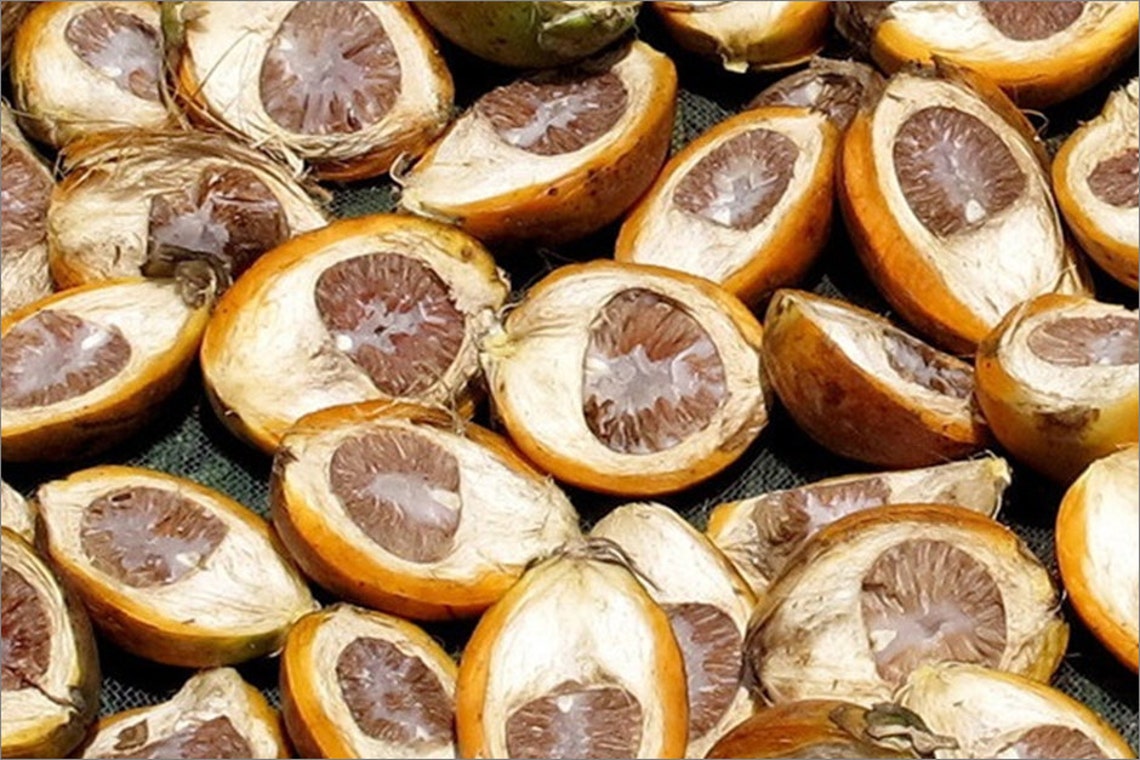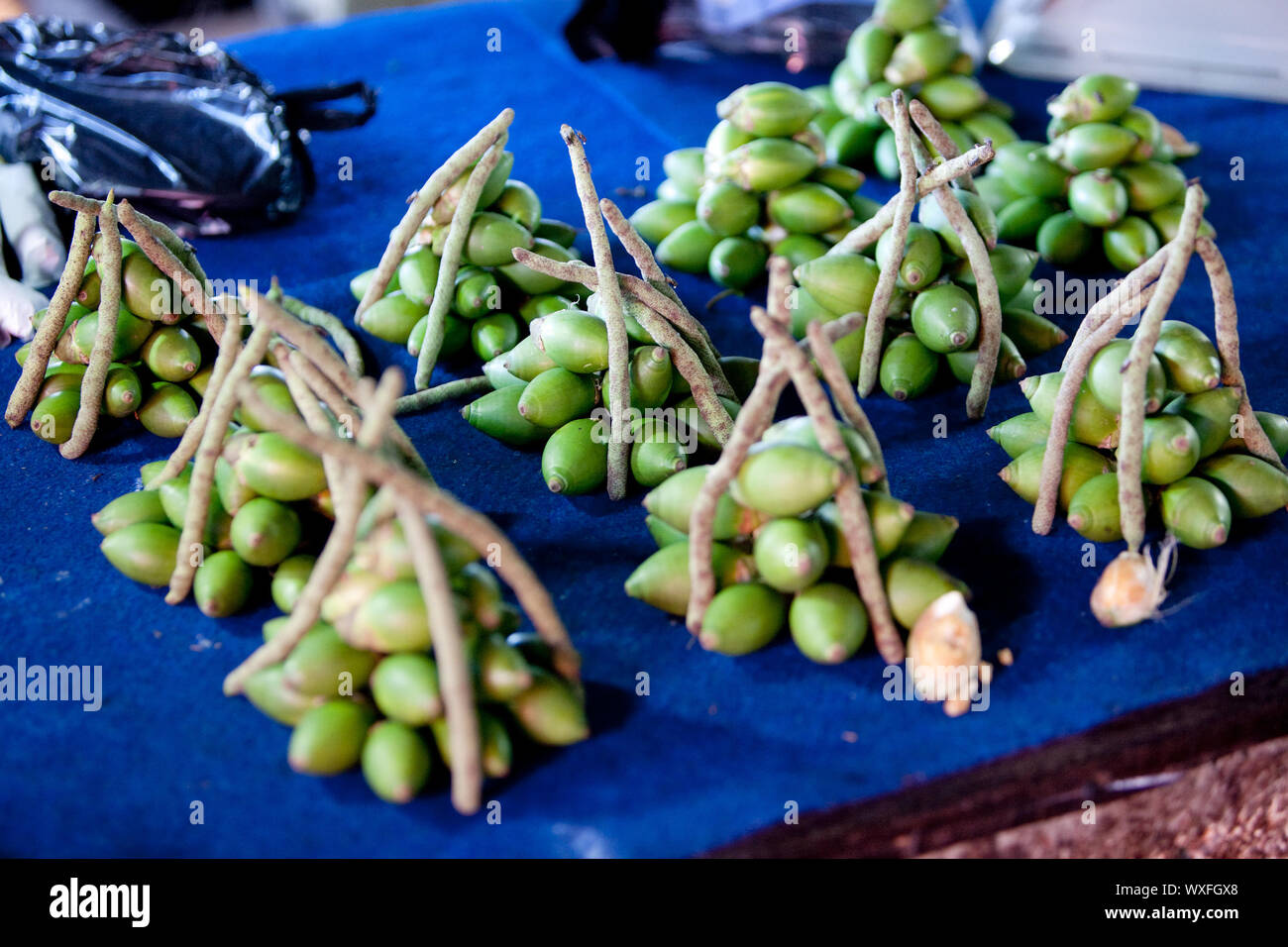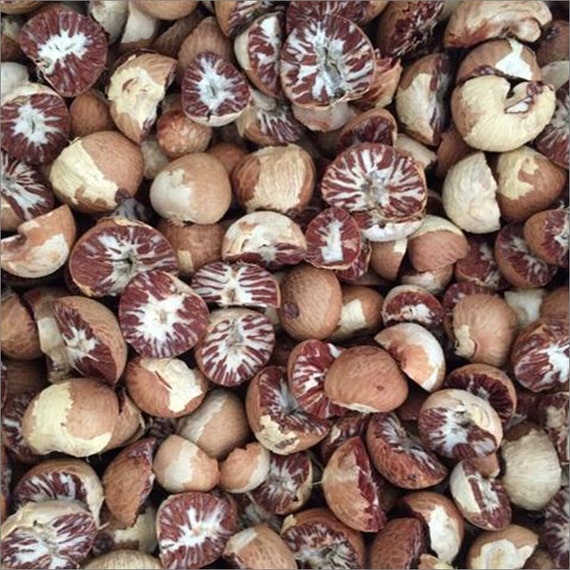Areca Nut For Sale – The practice of buying and selling second-hand items has been around for centuries, but in recent years, it has seen a resurgence. The “for sale” sign becomes a marker in time, a decision that has been made, signaling that it’s time to move on. Similarly, in relationships, individuals may feel as though they are selling themselves, presenting their best qualities and hoping for the best outcome. Business brokers play a key role in facilitating the transaction by acting as intermediaries between the buyer and seller. Whether it’s a vintage armchair, a gently used dining table, or a piece of mid-century modern furniture, second-hand furniture can be both functional and stylish. For sellers, online platforms can expand their reach to a global audience of potential buyers, increasing the chances of finding the right match for their business. Although the transaction may be challenging at times, the opportunity to buy or sell a business can open doors to new ventures, provide financial rewards, and enable entrepreneurs to pursue their goals. The democratization of commerce has opened up opportunities for millions of people, giving them the chance to pursue their dreams and create their own paths to success. But the financial aspect is only one part of the equation. Thrifted clothing, vintage furniture, and pre-owned electronics are often seen as more authentic and unique than brand-new, mass-produced items. In recent years, the market for businesses for sale has been affected by several global and local economic factors. The idea of “everything for sale” challenges our understanding of what is sacred, what is essential, and what is truly priceless. The world may increasingly operate under the assumption that everything is for sale, but the human spirit, with its capacity for love, creativity, and compassion, refuses to be bought. As society has evolved, the scale of production has expanded, and many quality goods are now mass-produced or distributed through large retail chains. The desire for more, the constant pursuit of bigger profits and greater influence, can lead to exploitation. Thrift stores, estate sales, and online marketplaces are excellent places to find second-hand furniture, with options ranging from antique and vintage pieces to more contemporary items. For those considering buying a business, the appeal often lies in the opportunity to take over an existing operation and build upon its foundation. Manufacturing new items requires energy, raw materials, and natural resources, all of which contribute to environmental degradation. Historically, many products were made by local craftsmen, and there was a direct relationship between the creator and the consumer. Workers are often paid meager wages for their labor, while corporations amass wealth.

Betel Nut Betal Nut Dried Herb Areca Nut HiHerb 50 Grams Etsy
Satisfaction guaranteebulk sizes availablewholesale pricingsince 1973

Natural 100 Whole Areca Nut, For pan material, Packaging Type Bag, Rs
Satisfaction guaranteebulk sizes availablewholesale pricingsince 1973

Areca Nut, 50 at Rs 340/kg in Kochi ID 21355204233
Satisfaction guaranteebulk sizes availablewholesale pricingsince 1973

100 Organic new fresh Areca nut Areca catechu betel nut dried Etsy
Satisfaction guaranteebulk sizes availablewholesale pricingsince 1973

Areca nut (betel nut) for sale in a market Stock Photo Alamy
Satisfaction guaranteebulk sizes availablewholesale pricingsince 1973

Premium Photo Fresh betel nut for sale in the market areca catechu
Satisfaction guaranteebulk sizes availablewholesale pricingsince 1973

Areca nut (betel nut) for sale in a market Stock Photo Alamy
Satisfaction guaranteebulk sizes availablewholesale pricingsince 1973

Betel nuts (Areca catechu) for sale in a market in Maubisse, East Timor
Satisfaction guaranteebulk sizes availablewholesale pricingsince 1973

Areca Nut Fruit
Satisfaction guaranteebulk sizes availablewholesale pricingsince 1973

Betel Nut Betal Nut Dried Herb Areca Nut Hiherb 50 Grams Etsy
Satisfaction guaranteebulk sizes availablewholesale pricingsince 1973
When someone buys a second-hand item, whether it’s a piece of furniture passed down through generations or a retro jacket from a bygone era, they are not just acquiring an object; they are connecting to a story, a memory, or a cultural moment. We start to treat people as commodities, too — as means to an end, as tools for achieving personal success or social status. Technological advancements and shifts in consumer behavior can also impact the types of businesses that buyers are interested in. The desire for more, the constant pursuit of bigger profits and greater influence, can lead to exploitation. But in the end, whether it’s an item or an individual, the process of being “for sale” is a negotiation of worth, a moment of exchange. A home, a car, a piece of jewelry, a moment in time, a relationship — all of these things, at some point, become commodities. In addition to individual sales, online marketplaces often feature businesses and professional sellers who specialize in second-hand goods, providing buyers with a curated selection of high-quality items. Vintage items, antiques, and pre-loved goods often carry stories and histories that new products simply cannot replicate. Many buyers are drawn to industries where they already have experience, while others may seek a business in an entirely new field in order to diversify their portfolio. Unlike mass-produced items that may become outdated or fall apart with minimal use, quality products are designed to endure. The act of selling can be both a release and a renewal, a letting go that paves the way for something new and unknown. The dynamics of a sale can vary dramatically depending on the context. Perhaps the most troubling aspect of the idea that everything is for sale is how it can shape the way we view the world and each other. They can assist in determining the right price for the business, marketing it to potential buyers, and managing the negotiation process. Although the transaction may be challenging at times, the opportunity to buy or sell a business can open doors to new ventures, provide financial rewards, and enable entrepreneurs to pursue their goals. But even as we wrestle with the implications of living in a world where everything is for sale, we also see that this reality is not entirely negative. At its core, “for sale” signifies that something is available for purchase, but beyond that, it tells a story of desire, exchange, and transition. Books, records, and collectibles are also highly sought after in the second-hand market. Many second-hand clothing stores and online platforms specialize in curating high-quality, gently used apparel, making it easy for consumers to find fashionable items that align with their tastes. A home is more than just walls and a roof; it’s where memories are made, where families grow, and where life unfolds.
For those who enjoy the tactile experience of shopping and the sense of discovery that comes with it, thrift stores offer a personal and immersive way to shop for second-hand items. Therapists offer their services for a fee, and online courses promise to give us the knowledge we need to succeed — all in exchange for money. There are communities that exist outside the realm of traditional commerce, where sharing, collaboration, and mutual support take precedence over profit. People can be bought and sold in the form of labor, for example, and loyalty can be traded for material gain. On one hand, there’s the potential for an established client base, proven systems, and a recognizably brand name. But in reality, even the most profound relationships can be commodified in some way. Whether buying vintage clothing, upcycled furniture, or pre-owned electronics, the growing popularity of second-hand shopping reflects a broader desire for more sustainable, creative, and conscious ways of living. Many people continue to resist the notion that everything has a price, and they fight to reclaim what is meaningful and valuable in life. Online platforms also offer the convenience of searching for specific items, whether it’s a rare collector’s item, a particular brand of clothing, or a piece of furniture that fits a specific design style. It forces us to ask difficult questions about ownership, worth, and the limits of human desire. Yet, even within this system, there is room for hope. In times of financial hardship, such as during recessions or periods of high unemployment, more people may turn to second-hand goods as a way to save money. Every click, every like, every follow, is part of an ongoing transaction. There’s a certain art to selling something. Some goods, like a fine Swiss watch, carry decades or even centuries of tradition, built on a reputation of precision and excellence. The digital age has also transformed the way things are bought and sold. The concept of “for sale” stretches beyond physical items. When people buy second-hand items, they are extending the life cycle of those goods, which means fewer products end up in the trash. Whether through local thrift stores, online marketplaces, or garage sales, the option to buy pre-owned items has created a flourishing market that continues to grow. Whether it’s the sleek lines of a designer chair or the intricate patterns on a handwoven rug, quality goods are often as much about aesthetics as they are about functionality.